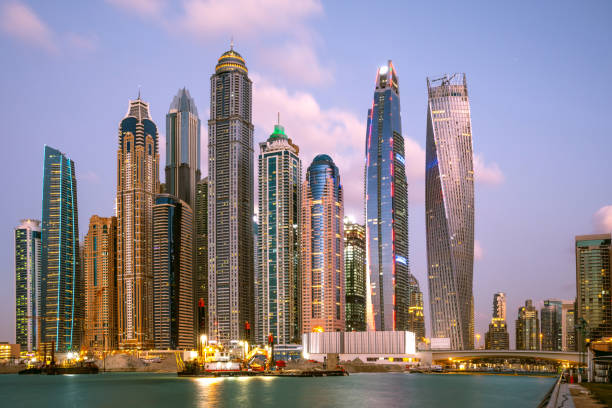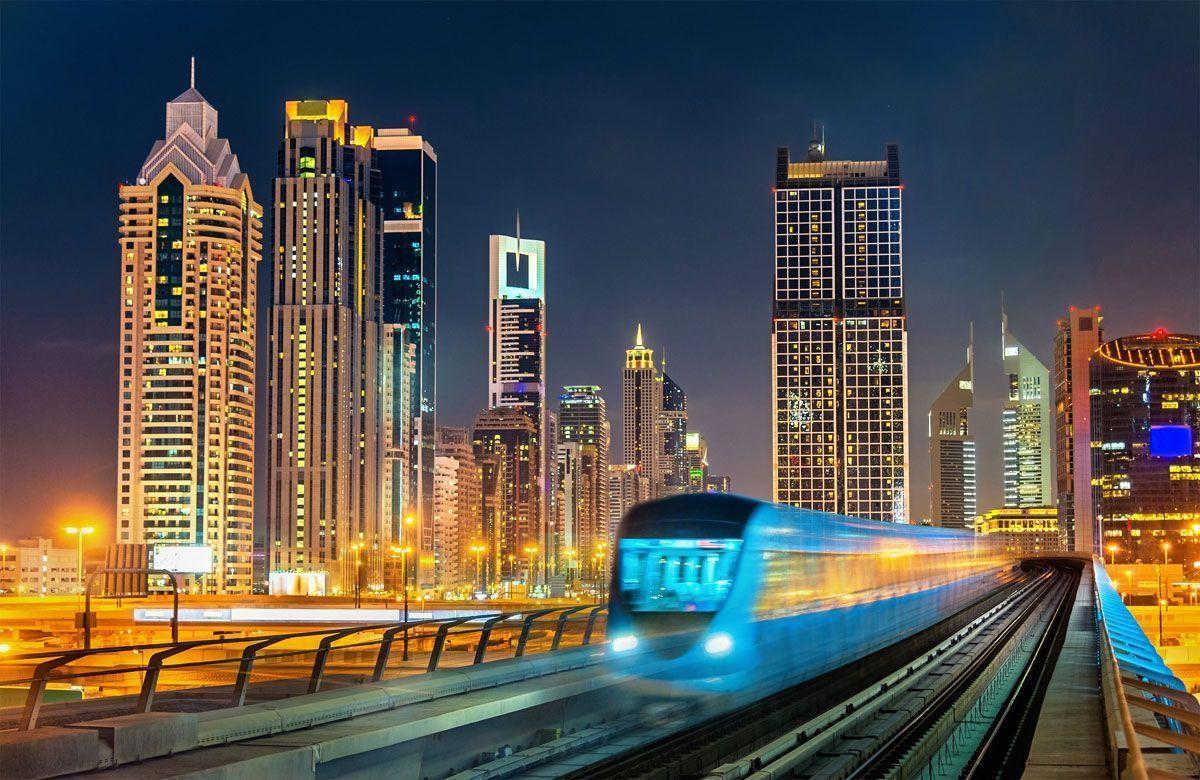In the era of rapid technological advancements, the Middle East has emerged as one of the most dynamic regions experiencing remarkable growth in e-commerce. With an increasing number of internet users and the widespread adoption of smartphones, online shopping has gained unprecedented popularity. Notably, Dubai Free Zone (Dubai Free Zone) plays a significant role in accelerating this growth, thanks to its advanced economic environment and attractive incentives that draw numerous businesses to the region.
The Current State of E-commerce in the Middle East
The Middle East has witnessed transformative leaps in e-commerce in recent years. For instance, the global pandemic served as a catalyst, forcing many businesses and retailers to adopt digital solutions to overcome the challenges of lockdowns and maintain customer engagement. As a result, the e-commerce market in the region is expected to reach billions of dollars in value over the next few years, making it a prime destination for international investments.
Key Factors Driving E-commerce Growth in the Region
Several factors contribute to the burgeoning e-commerce sector in the Middle East. Firstly, the region boasts a youthful demographic with widespread internet access, creating a fertile market for online businesses. Secondly, significant investments in telecommunications networks and electronic payment services have strengthened the digital infrastructure. Moreover, governments have adopted flexible policies aimed at facilitating digital businesses and attracting foreign investments, further boosting the sector.

The Role of Dubai Free Zone in Boosting E-commerce
An Ideal Environment for Businesses
Dubai Free Zone offers a flexible business environment, combining logistical facilities with tax exemptions, which makes it an ideal choice for startups and multinational corporations alike. Furthermore, the free zone serves as a strategic hub connecting East and West, granting businesses easy access to global markets.
Technological Support
By providing advanced technological infrastructure and smart services, Dubai Free Zone empowers businesses to deliver e-commerce services more efficiently. In addition, the availability of cutting-edge technologies ensures that businesses remain competitive in a rapidly evolving market.
Incentives for Startups
Dubai Free Zone also offers various incentives for small and medium-sized enterprises, including tax exemptions, full ownership of businesses, and reduced operational costs. Consequently, these benefits help businesses alleviate financial burdens and achieve faster growth.
For more detailed information about the incentives and services provided, you can visit the official website of the Dubai Multi Commodities Centre (DMCC) via the following link: DMCC – Dubai Free Zone Official Website.
Get your Business Bank Account Today!
Open your business bank account today and enjoy secure, seamless transactions, easy deposits, and smooth financial management for your business!
Future Trends in E-commerce in the Region
As growth continues, several trends are expected to shape the future of e-commerce in the Middle East.
- Mobile Commerce (M-Commerce)
The increasing reliance on smartphones for shopping will push businesses to develop dedicated apps and enhance mobile user experiences. Therefore, companies need to invest in mobile-friendly platforms to stay relevant. - Artificial Intelligence and Personalization
AI technologies are expected to play a larger role in analyzing customer data and providing tailored shopping experiences. As a result, customer satisfaction will likely improve significantly. - Advanced Logistics Services
Improving delivery services and cash-on-delivery options, especially in rural areas, will further boost customer trust and ease of shopping. - Sustainability
Consumers are increasingly looking for sustainable and eco-friendly options. Consequently, businesses will need to rethink how products are produced and delivered.
Challenges Facing E-commerce in the Middle East
Despite the progress, e-commerce faces some obstacles. For instance, infrastructure disparities between countries mean that some areas still need to develop their internet networks and digital facilities. Additionally, many customers remain cautious about sharing their financial information online, which hampers the growth of electronic payments. Finally, logistical costs, particularly in remote areas, continue to pose challenges for businesses striving to maintain competitive pricing.
How Dubai Free Zone Can Help Overcome These Challenges
With its resources and advanced services, Dubai Free Zone can support businesses in addressing these challenges. For example, the zone offers comprehensive logistics solutions, including advanced shipping services and modern storage facilities. Moreover, it enhances customer trust by providing secure payment services and innovative technologies. Additionally, the zone fosters partnerships with global institutions, encouraging collaboration to share expertise and best practices.

Conclusion
In conclusion, the future of e-commerce in the Middle East looks promising, driven by technological growth and increased consumer awareness of the importance of online shopping. With hubs like Dubai Free Zone offering supportive environments and unique benefits, businesses can achieve significant successes and expand into new markets.
By focusing on innovation, digital transformation, and leveraging the opportunities provided by Dubai Free Zone, companies can become part of this promising future. Ultimately, this will contribute to the region’s digital economy while delivering exceptional shopping experiences for consumers.
With Mach X, empower your business journey—offering expert solutions for company formation, digital marketing, and tailored consultations to drive your success.


